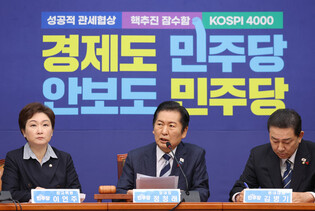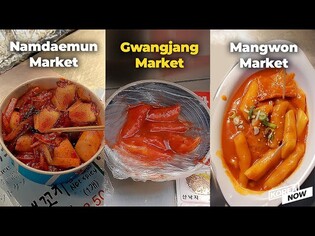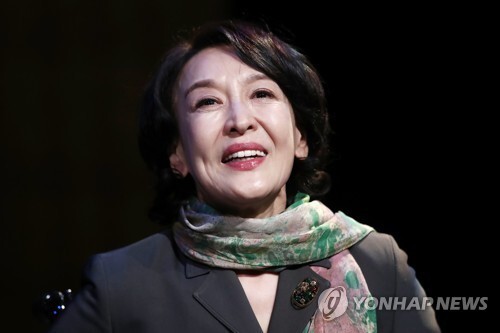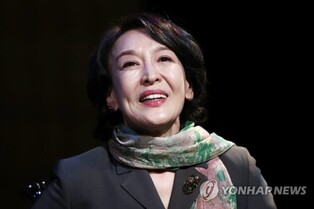dailies-editorials (2)
(EDITORIAL from Korea Times on June 17)
Urgent structural reform
Time to focus on boosting growth potential
South Korea finds it ever more difficult to maintain financial and economic stability amid growing inflationary pressure and fears of a recession. The situation is getting worse as the U.S. Federal Reserve raised its benchmark interest rate by 0.75 percentage point Wednesday to fight runaway inflation.
The rate hike was the steepest since November 1994. It seemed inevitable for the Fed to take such a "giant step," rather than a "big step" of a 0.5 percentage point increase, to regain price stability. The move only signaled the start of a war on inflation. Fed Chair Jerome Powell made clear that another giant step could be taken soon. He said the U.S. central bank is considering a 0.5 or 0.75 percentage point rate increase next month.
It appeared natural for the Fed to move toward aggressive monetary tightening after the consumer price index hit a 41-year high of 8.6 percent in May. No other country around the world can delay the long-overdue process of undoing monetary and fiscal easing aimed at cushioning the COVID-19 shock.
Yet, the worst has yet to come. The Fed is predicted to continue to raise the key rate to 3.4 percent by the end of the year and further to 3.8 percent by end of next year. This means that the U.S. is facing an uphill battle against inflation. If such a prediction becomes a reality, an economic slump cannot be avoided. As Powell said, now is the time to fight inflation and not worry about an economic slowdown.
What's at stake is how South Korea responds to the U.S.' radical quantitative tightening, a reversal of quantitative easing. The Bank of Korea (BOK) has no other option but to increase its key policy rate. The BOK has so far increased the rate five times to 1.75 percent since last August. The rate is now on a par with that of the U.S. which stands in the range of 1.5 percent to 1.75 percent following the latest hike.
No one can rule out the possibility of the U.S. rate becoming higher than that of Korea. If that is the case, the Korean currency will lose its value further against the U.S. dollar. This could prompt capital outflows from South Korea as foreign investors, who are on a five-month selling spree on the Seoul stock market, are likely to dump more local stocks. An accelerating depreciation of the Korean won could also raise import prices which will lead to higher inflationary pressure.
That's why the BOK should take more preemptive action to keep the won-dollar rate at a proper level and bring inflation under control. Of course, such action will certainly bring about pains to consumers and corporations, especially low-income workers and smaller businesses with heavy debts. Their interest payment burden is expected to rise sharply. But we have to endure anticipated difficulties to regain financial soundness.
The Yoon Suk-yeol administration should work together with businesses to push for structural reform in order to rebuild our economy. It is urgent to push for drastic deregulation to create a more favorable business environment. It is also important to promote innovation and entrepreneurship. More than anything else, the country should concentrate on boosting its growth potential.
(END)
(C) Yonhap News Agency. All Rights Reserved



































